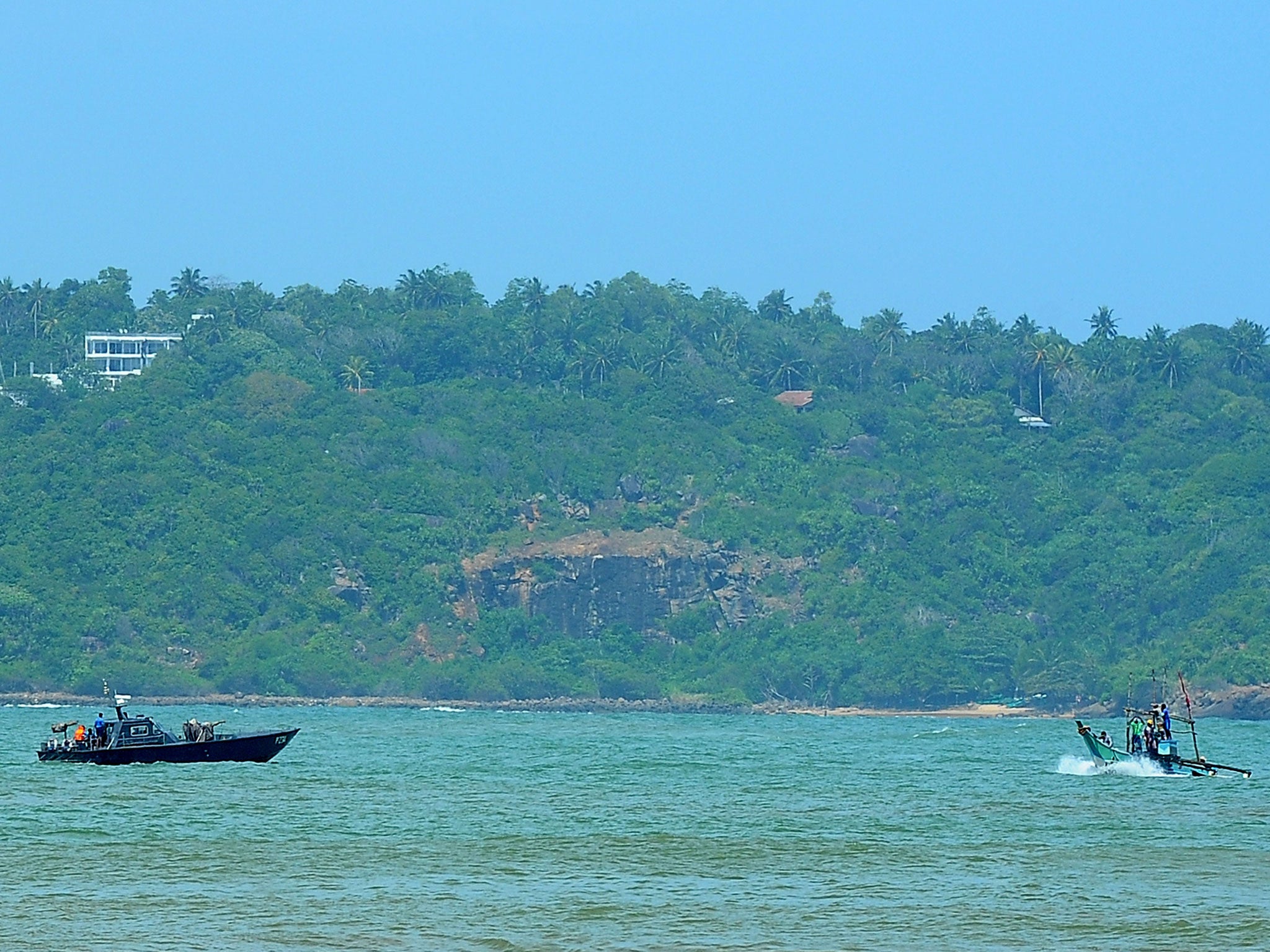Australia facing international condemnation after turning around Sri Lankans at sea
Australia been toughening its stance towards asylum seekers and migrants for several years

Australia is facing international condemnation after it confirmed it handed a boat of asylum seekers to the government of Sri Lanka where they now face “rigorous imprisonment”.
After days of silence on the fate of around 200 Sri Lankan asylum seekers reportedly intercepted at sea, the government of Tony Abbott said that 41 of the men, women and children had been assessed and transferred to the Sri Lankan authorities at sea. Yesterday evening, a court in Sydney issued a temporary injunction blocking the return of a further 153 asylum seekers.
In a statement, Australia’s immigration minister Scott Morrison said that the 41 Sri Lankans had been intercepted by personnel from Australia’s border patrol off the Cocos Islands in the Indian Ocean in late June. After an assessment at sea rejected their claims for asylum, they were handed over on Sunday to the Sri Lankan authorities.
Australia has for several years been toughening its stance towards asylum seekers and migrants, implementing a policy of turning their boats around. Yet this is the first time the government has admitted that it has made an assessment of their claims while still on the ocean.
Last week, the United Nations refugee agency, UNHCR, issued a statement expressing its “profound concern” that Australia was processing asylum seekers at sea rather than bringing them ashore to assess their claims.
“UNHCR considers that individuals who seek asylum must be properly and individually screened for protection needs,” it said, according to the Associated Press.
“International law prescribes that no individual can be returned involuntarily to a country in which he or she has a well-founded fear of persecution."
Campaigners said a number of the asylum seekers were Tamils. Since the end of the civil war in 2009, there has been ongoing discrimination against some members of the Tamil community.
Subscribe to Independent Premium to bookmark this article
Want to bookmark your favourite articles and stories to read or reference later? Start your Independent Premium subscription today.

Join our commenting forum
Join thought-provoking conversations, follow other Independent readers and see their replies